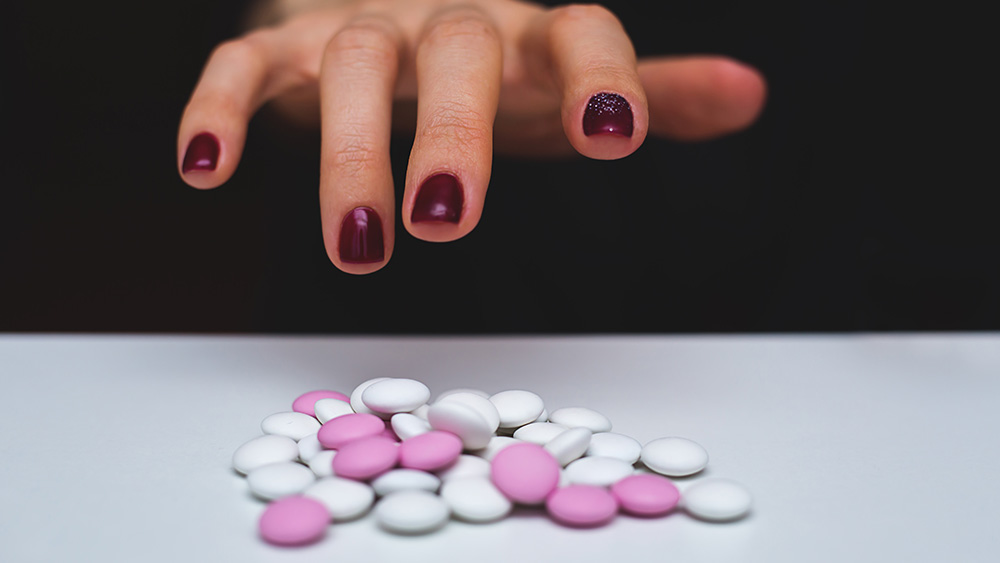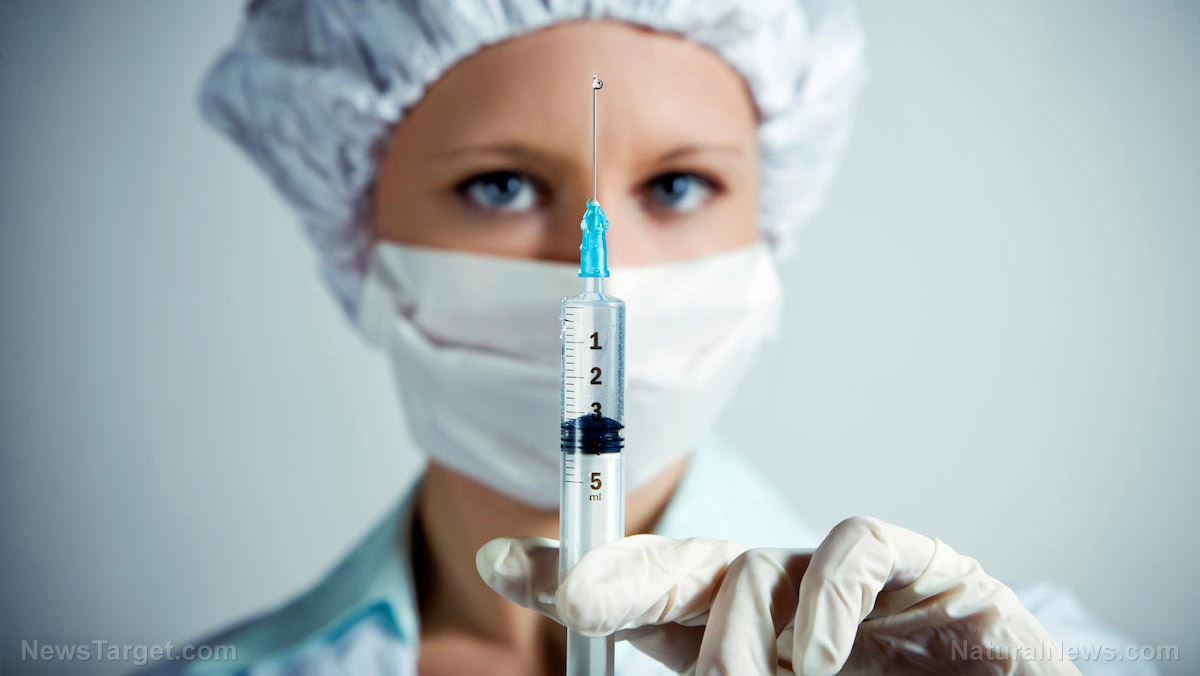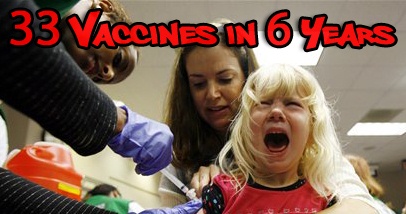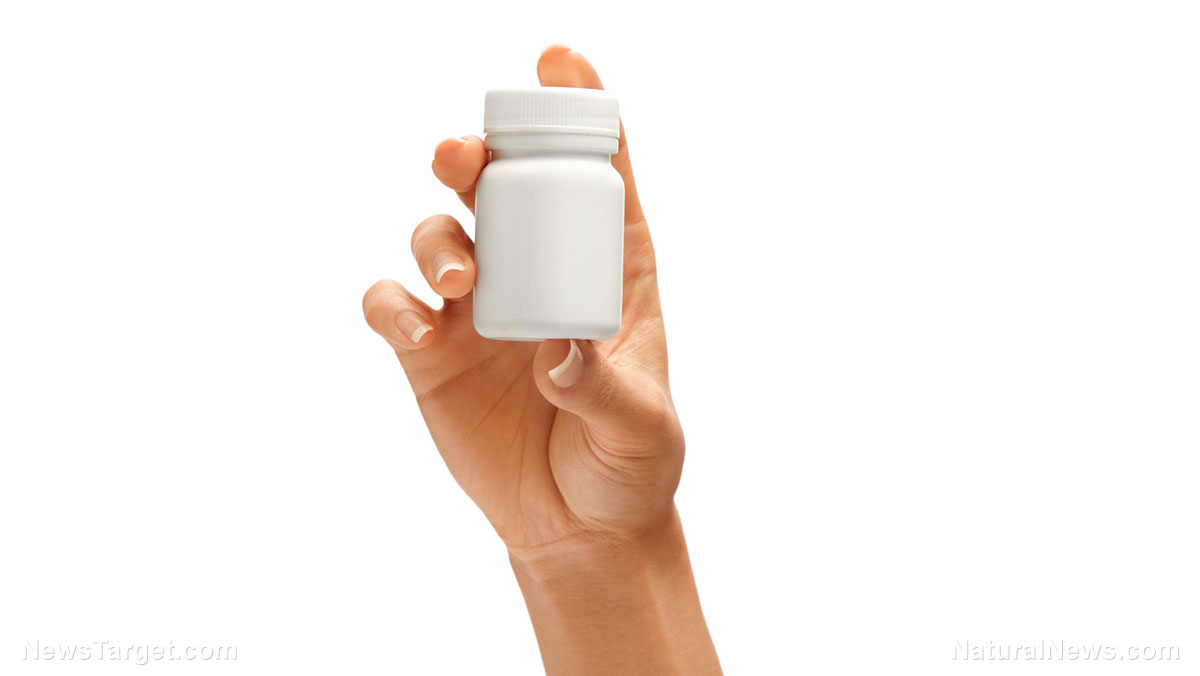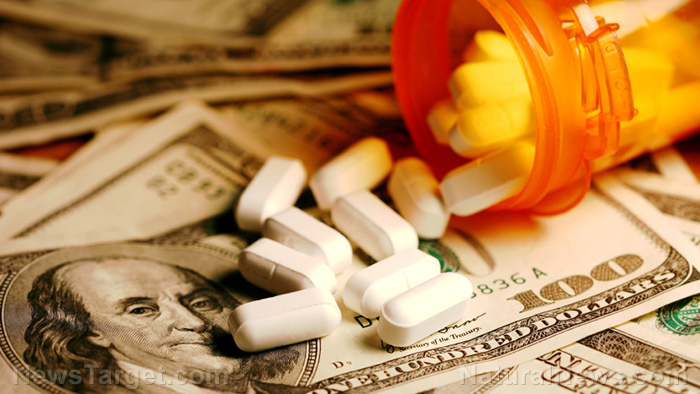How doctors got rich pushing Big Pharma’s addictive opioids
07/09/2017 / By Isabelle Z.

Fentanyl is the most powerful opioid that has ever been mass-marketed. Quick to kick in and powerful enough to conquer pain that other opioids couldn’t touch, it was designed with the intention of helping cancer patients die comfortably. Why, then, is this “heroin on steroids” given out to patients in New Jersey for routine operations like tonsil removal?
According to NJ.com, the answer is simple: money. Common sense says that oncologists should be the ones prescribing such a powerful and dangerous drug, but an investigation by New Jersey Advance Media revealed that in the Garden State, eight different medical specialties filed more claims with Medicare for fentanyl than cancer doctors. This includes family practitioners, who filed more than five times the number of fentanyl claims from 2013 to 2015 than oncologists did. Even nurse practitioners and physicians’ assistants were heavy prescribers.
It’s probably no coincidence that during the same time period, doctors in the state were paid more than $1.67 million by Big Pharma companies marketing different forms of the drug. Deaths from fentanyl in the state rose from 42 in 2013 to an incredible 417 in 2015, and it’s pretty clear who is to blame.
The situation is so dire that New York University Bioethics Head Arthur Caplan said: “There’s enough money going around that if you saw this in the abstract, you’d think there was a drug cartel happening.”
Cash-for-prescription arrests
Late last year, six employees of drug maker INSYS Therapeutics were arrested on allegations of running cash-for-prescriptions schemes that essentially bullied and bribed doctors to improperly prescribe their sublingual fentanyl spray known as Subsys.
INSYS Regional Sales Manager Jeffery Pearlman, one of those arrested, was given a $95,000 bonus for ensuring the drug made its way to as many patients as it could, and he even became addicted to it himself.
Three doctors and two of the drug maker’s employees have been convinced of wrongdoing or have pleaded guilty, while a whistleblower said she made false oncology records when she worked for the firm.
Drug should be last option
The head of JFK Medical Center’s Pain Management Program, Dr. Igbal Jafri, told NJ.com that fentanyl should only be prescribed when every other option has been exhausted. He added that there is no good reason that its use should be on the rise.
Making matters worse is the synthetic chemical structure of the drug, which means it is not difficult to manufacture. Moreover, with a dose that is the size of a grain of sand being enough to kill a person, it is pretty easy for drug traffickers to move it around, making it well-suited to the illegal drug market. Many of the people who buy this highly addictive drug on the black market are supporting an addiction that was developed after being prescribed the drug legally by their doctor.
Doctors who have been given money and meals by companies marketing these drugs are all too willing to prescribe them, despite the fact that they are killing so many people. For example, INSYS would hold gatherings at high-end restaurants in which they would authorize payments to doctors amounting to thousands of dollars, billing them under the guise of “educational events.” When prescriptions lulled, some doctors reported receiving bullying emails from company representatives who said the payments would stop.
One doctor, pain specialist Joseph Valenza, was given more than $240,000 in “speaking fees” for prescribing the fentanyl lozenge Fentora, while Dr. Louis Spagnoletti collected $102,000 in payments from three different fentanyl makers. Both doctors were among the state’s top 20 Medicare fentanyl claimants in 2014.
Throughout the two-year period for which data is available, dozens of New Jersey doctors were given upwards of $10,000 by Big Pharma firms marketing fentanyl. Sadly, it’s an all-too-common practice that is lining doctors’ pockets while the dead bodies continue to pile up. Keep this in mind the next time someone tries to tell you that doctors are being unfairly blamed for the opioid addiction epidemic.
Sources include:
Tagged Under: addiction, Big Pharma, Fentanyl, Opioids, painkiller drugs, Prescription drugs, prescription kickbacks


